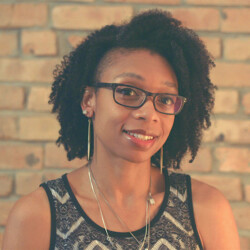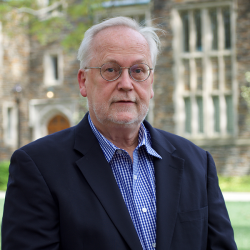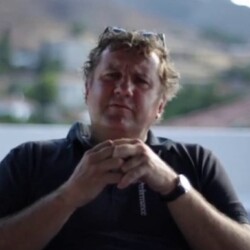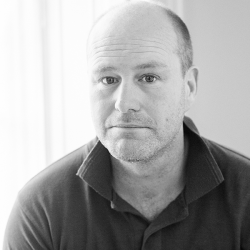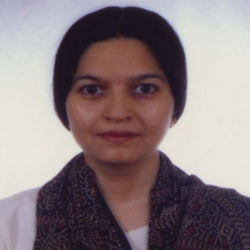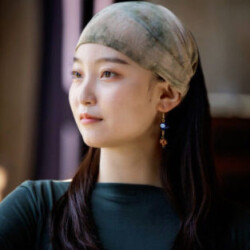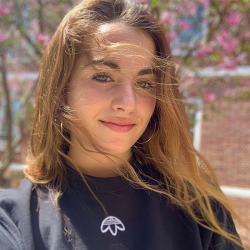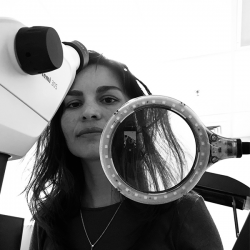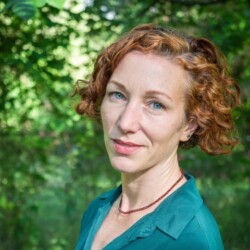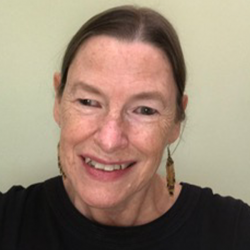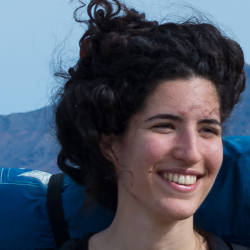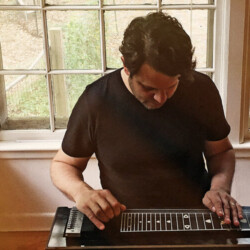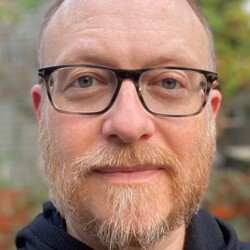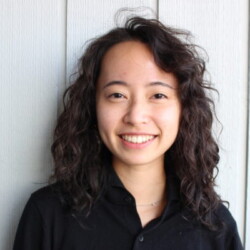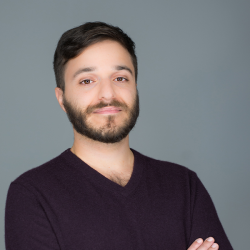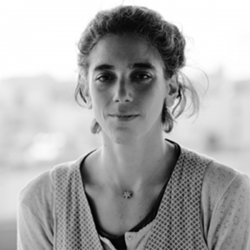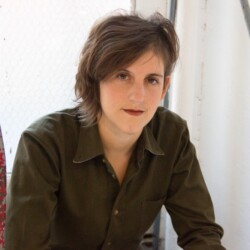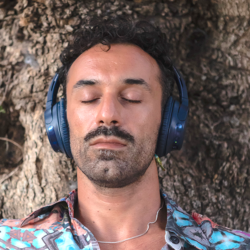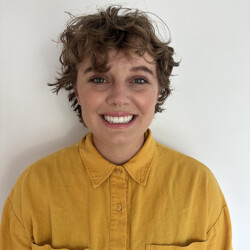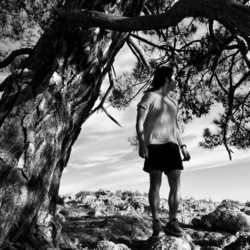Laboratory for Social Choreography
The Laboratory for Social Choreography investigates the role of embodiment in the formation of social structures — and uses it as a catalyst for societal transformation. It brings together artists, citizens, and intellectuals from diverse backgrounds — across class, race, abilities, and worldviews — to collectively address pressing ethical issues like climate change and unfettered capitalism.
By creating environments that activate the inherent creativity of all participants, the Laboratory fosters empathy, encourages the negotiation of tensions, and reimagines the norms that shape our shared lives. Through this process, it strives to build a more just and imaginative future, where the arts are not only a form of expression but also a means of inquiry and action, impacting areas traditionally beyond their reach.
We endeavor
- To liberate embodied knowledge from the dominance of abstract thought, reclaiming a fuller understanding of human experience.
- To expand the social imagination through embodied, relational experiences that foster empathy and creative connection.
- To reimagine sustainable social structures that recognize the interconnections between human and non-human life.
- To reimagine pedagogy by creating innovative courses and interventions that challenge academic stagnation and inspire new ways of learning and engagement.
- To explore new forms of communion and governance that prioritize mutual care, equity, and ecological stewardship.
“Social Choreography permeates the tightly knit fabric of socialization, for other potential realities to be sensed and experienced, and for new relational fields amongst human and non-human to be forged. The practice of Social Choreography deals with the uncovering of underlying social relations and patterns — the choreography of the social — through embodied practices, and always, engages these dynamics for new social choreographies to emerge simultaneously.”
— Michael Kliën, Director
Programs
The LSC develops experiential strategies to challenge entrenched patterns of thought, perception, and behavior. Through experiments in Social Choreography, we design interdisciplinary courses, organize events, and share our findings through various media—including print, online, performance, and exhibitions.
Over the years, we have created and refined numerous social choreographies. Each situation was led by Michael Kliën and developed at Duke University with the active participation of students, faculty, and community members. These works continue to be situated internationally.
PARLIAMENT
Parliament is a pioneering social choreography for citizens. Entirely comprised of humans in movement and thought, Parliament works in the absence of language and objects. Participants thus experience and renegotiate fundamental principles that govern their interpersonal relations. The situation offers participants and audiences alike a critically needed withdrawal from normative modes of social interaction and provides in their place an innovative site for 21st-century, embodied, experimental cooperation.
Parliament is an evolving practice, with instantiations occurring around the world.
AMENDMENT
Amendment is an immersive choreographic situation, a social choreographic space for 20 to 200 citizens. In times of irreversible environmental damage and deep racial and ideological divides, the work offers a container to experience and reshape our internal relationship to ‘the other.’ Amendment provides cultural citizens—workers, teachers, immigrants, poets, and others—with rare, embodied experiences in movement, and temporarily transcends the human/non-human divide, fostering a relationship of reciprocal belonging.
CONSTITUTION/THE UTOPIANS
Constitution offers an exploration of alternatives to dominant modes of movement and human interaction. In this work, a group of citizen-performers establishes profound and enigmatic rules of order, bound not by language, but by a constitution formed outside the realm of words. As people enter the space, they shapeshift—transforming from witnesses into teachers, companions, scientists, students, lovers, animals, objects, and poets—moving together to constitute a fleeting, dynamic democracy of souls. Developed through interdisciplinary dialogue at the Laboratory for Social Choreography and in collaboration with students of the Spring 2023 seminar Social Choreographic Praxis, Constitution embodies a collective reimagining of human connection. The work formed the foundation for the The Utopians, a collaboration with the legendary inclusive performance En Dynamei Ensemble that premiered at the Athens Festival, Greece, in June 2023.
INAUGURATION (IN PROGRESS)
After an initial period of creation, this work is now being further developed through an Onassis Air residency in Athens, Greece. In its first iteration in 2024, a diverse group of individuals from the Duke community—including professors, graduate and undergraduate students, postdoctoral fellows, and community members—came together to form a moving “thought-collective.” Drawing on their varied backgrounds—ranging from human rights law to neuroscience, poetry to political science—these performers created and moved in an entirely imagined space: a communal Imaginarium shaped by their deepest hopes, fears, desires, and dreams.
11TH ORGAN
The open 11th Organ – imagination towards the equitable survival of the living — is an ongoing dialogue that takes various forms in its instantiations, ranging from intimate conversations and classroom settings to public performances.
The 11th Organ is a collaborative matrix of intellectuals, artists, and concerned citizens committed to radically reimagining a wounded world. It operates through a “poetics of relations,” fostering a deep, interconnected exchange of ideas that seeks to transform the collective psyche. By embracing the unknown and challenging conventional thinking, the 11th Organ aims to expand our social imagination and uncover new ways of being.
VIABLE UTOPIAS
Building on decades of experience in the Arts, a working group continues to engage interdisciplinary dialogues with a view to design the blueprint of a new cultural institution. The institution is envisioned to take its unique place in society as equal amongst established formats, such as museums, concert halls, opera houses and galleries, but operating an a distinctively different epistemological (ecological?) methodology and premise.
We strive to reimagine pedagogy by creating innovative courses and interventions that challenge academic stagnation and inspire new ways of learning and engagement.
DANCE462/762: Performing Social Choreography
This course immerses students in the experiential process of creating a Social Choreographic Situation, which will be performed at the end of the term. The project may also have lasting effects, potentially evolving and reappearing in future years.
DANCE89S: Imagination for Liberation
This course encourages students to envision radical future realities and work backward to define their own concepts of liberation and social justice, while exploring ways to live active, engaged lives as advocates for change.
We designed various experiences for undergraduate students that have been integrated in wide-ranging courses at Duke as regular experiential components, including Dance of Epistemologies, Choreographing the World, Personal Cosmologies, 11th Organ, etc.
Researchers and Collaborators
